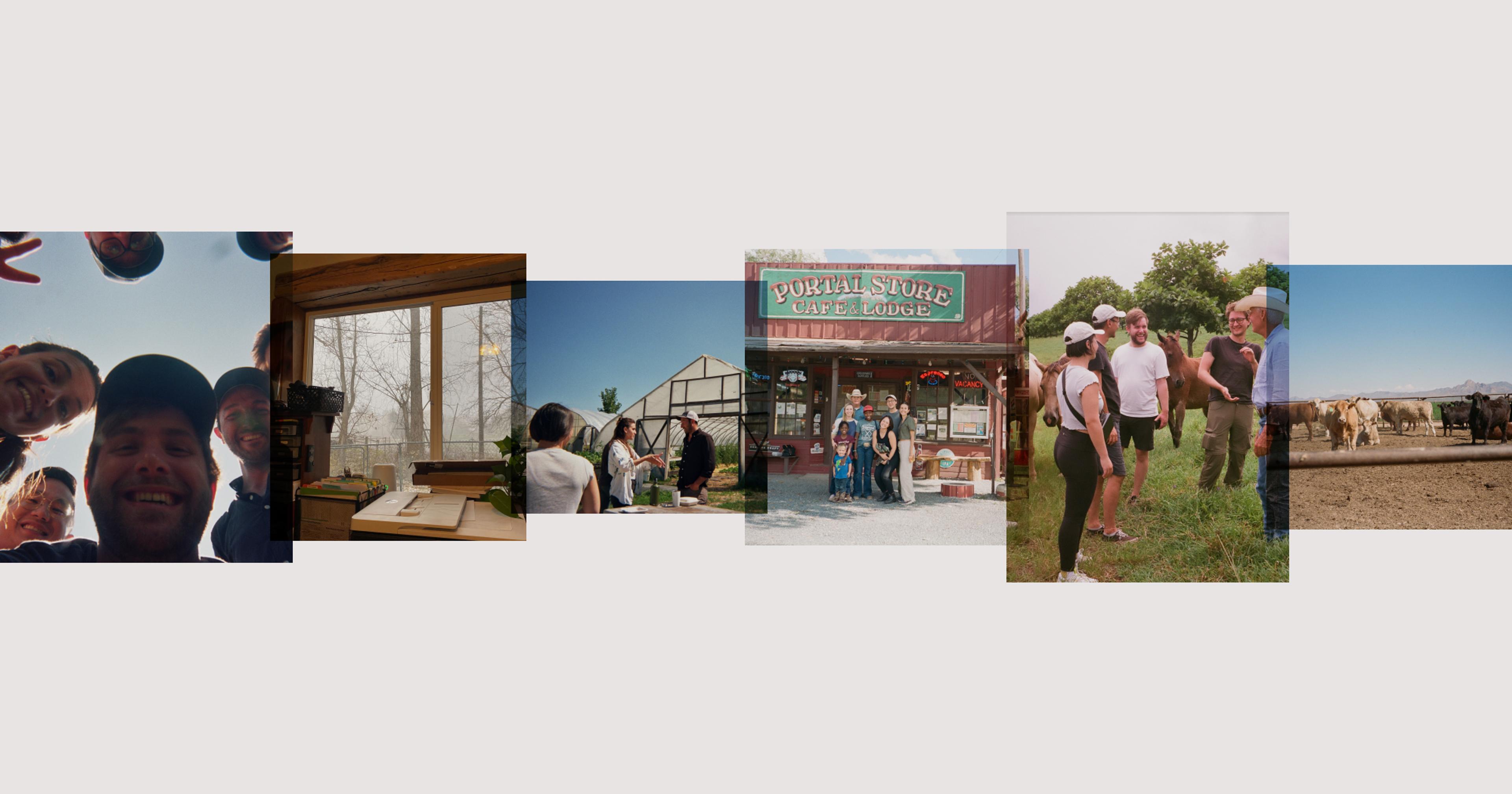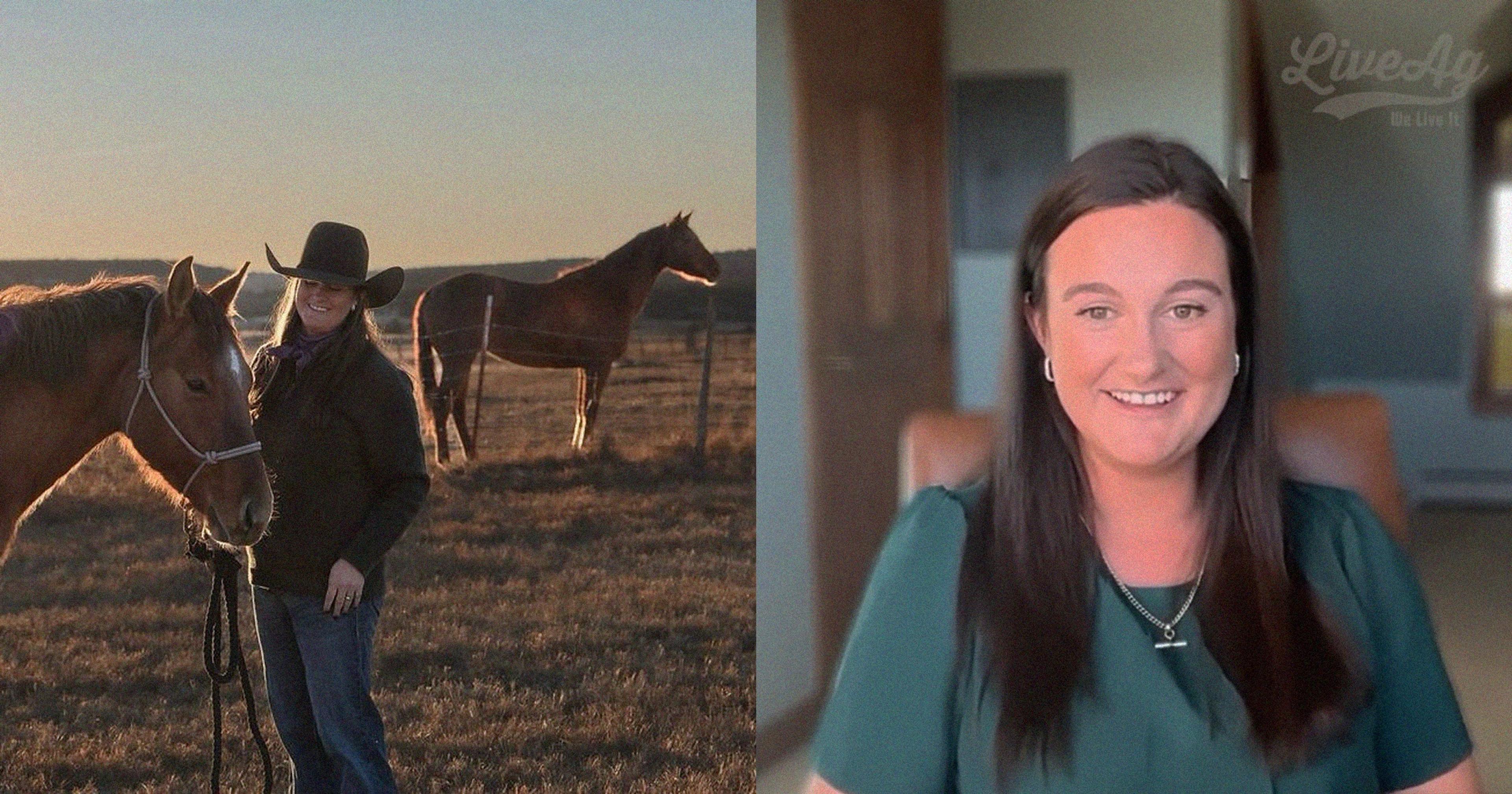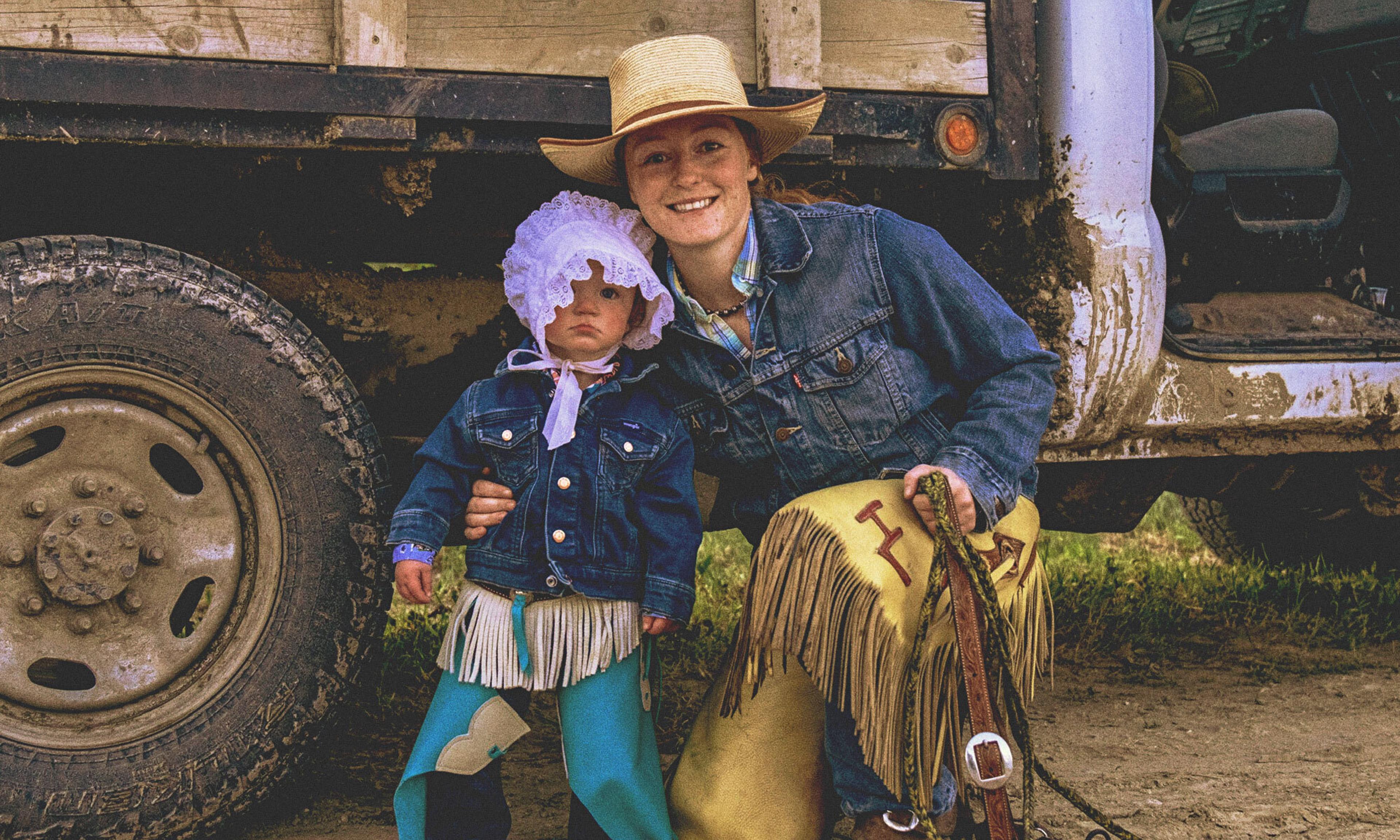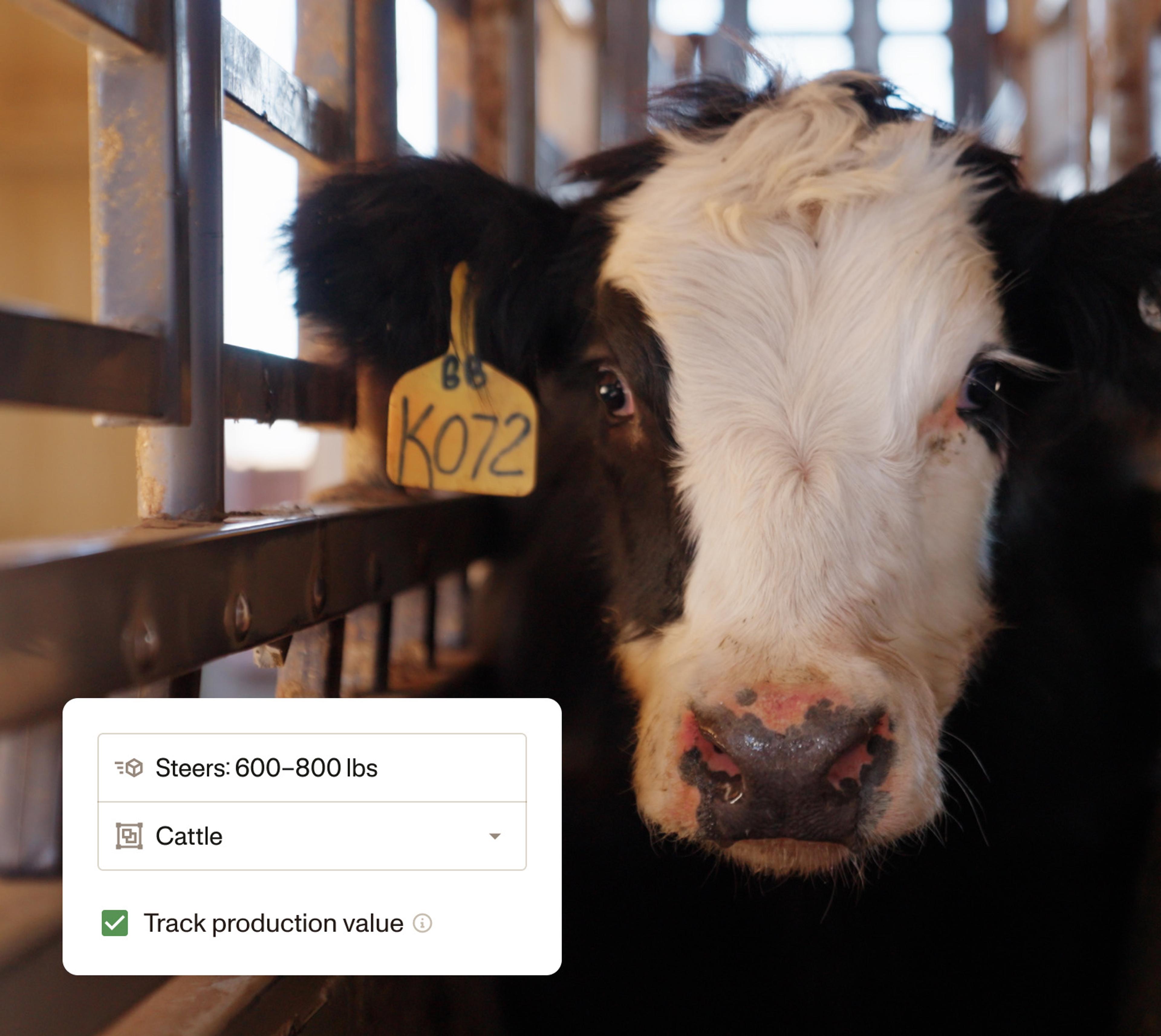December 20th marked my half-year as Chief of Staff at Ambrook — a thirteen-person company building a vertical ERP for agriculture. At the risk of sounding like every other startup employee: it’s been a ride. I could write walls of text about our team’s herculean efforts to make farm finance delightful (and if this sounds like an oxymoron to you, we intend to turn that on its head).
Six months is a wisp of time in the grand scheme of a career, but the pace, scope, and complexity of what we’re trying to do is incredibly hard. It deserves regular recommitment and reflection.

Job hunting, for me, is all-consuming. When I put myself back on the market in May, I was armed with a clear idea of what I valued, but saw a hundred ways it could manifest within a role. I kicked off processes with eight early-stage companies that spanned the spectrum of product-market fit. It came down to three.
Someone I admire once told me that until a startup becomes undeniable, its value is nothing more than its people. Regardless of investors, funding, traction, market, etc etc etc, the underlying machine is what truly separates success from the many different shades of failure. I dug into how the teams at each potential employer did the following: build trust, share information, and make decisions.
My findings on Ambrook, as an outsider:
The most intentional remote workplace I’d found. The heated debate around whether remote works or not always makes me laugh, because of course a company that isn’t designed to be distributed won’t succeed versus its in-person counterparts. Ambrook traded an office lease and shared time zones for quarterly retreats, a ruthless bar for what can’t be completed asynchronously, and an earnest desire to bring work relationships beyond transactional.
Written culture driven by intense curiosity. I learned that reading and writing were essential at Ambrook, and my due diligence involved combing through neatly organized folders of PRDs, user research, and strategy essays. It struck me that none of this output seemed rote, but rather was a side effect of a genuine desire to learn. What are the links between farm profitability and environmental sustainability? What can Slovenia teach us about the future of accounts receivables? It was exciting to meet a team that was sincerely interested in a sprawling universe of interrelated topics.
Rigor laced with a high speed of learning. This quality is the membrane separating life and death for most pre-PMF startups, but was something I could never fully de-risk during an interview process. Instead, I sought out examples where the group balanced thoroughness and pace. Founders were unafraid to tap outside expertise (and were very good at sourcing it), team members freely voiced disagreement, and no one considered consensus to be a valid decision-making approach.
These decisions are never easy. But after a generous helping of quality time with different team members, the right path made itself clear. Ambrook’s “who” and “how” was magnetic.
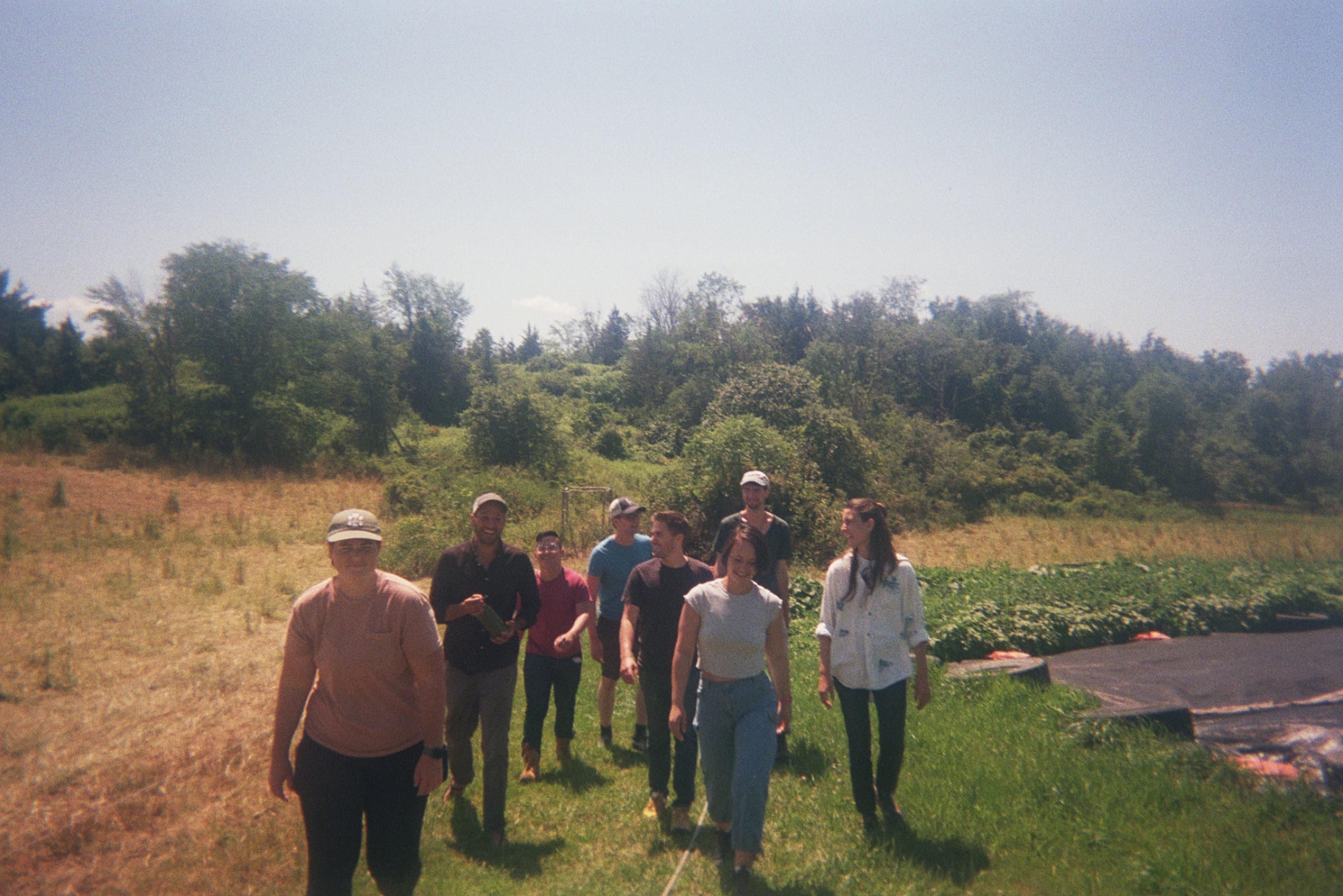
The best and worst part of joining an early-stage startup is watching your processes break as you grow. Many hours are spent reinventing both yourself and your workplace, over and over again. As the months rolled by, my first impressions of Ambrook were put to the test as we executed on a daunting roadmap, established a sales motion, and onboarded the first customers to our ERP.
What I’ve realized: this group is unusually good at doing hard things.
One thing my initial evaluation couldn’t capture was our team’s rich functional dynamic. Its vibrance stems from a sense of psychological safety blended with a tension that arises when individuals in a group are excellent at very different things. There is enough harmony to oil the machine, but also opposing forces where it counts. Our founders are a great example of this “spikiness,” as we like to call it: Mackenzie’s knack for translating the macro into company strategy, Dan’s skill bridging knowledge across technical teams, and Jeff’s expertise designing elegant solutions for complex problems.
I also relish our sense of humor. Everyone is quick to laugh together, and has a shared cleverness that makes the good times a thrill and the hard times more than bearable. Each new team member brings their own texture. There’s nothing better than watching our inside jokes devolve (or evolve?) under layers and layers of meta-nonsense.
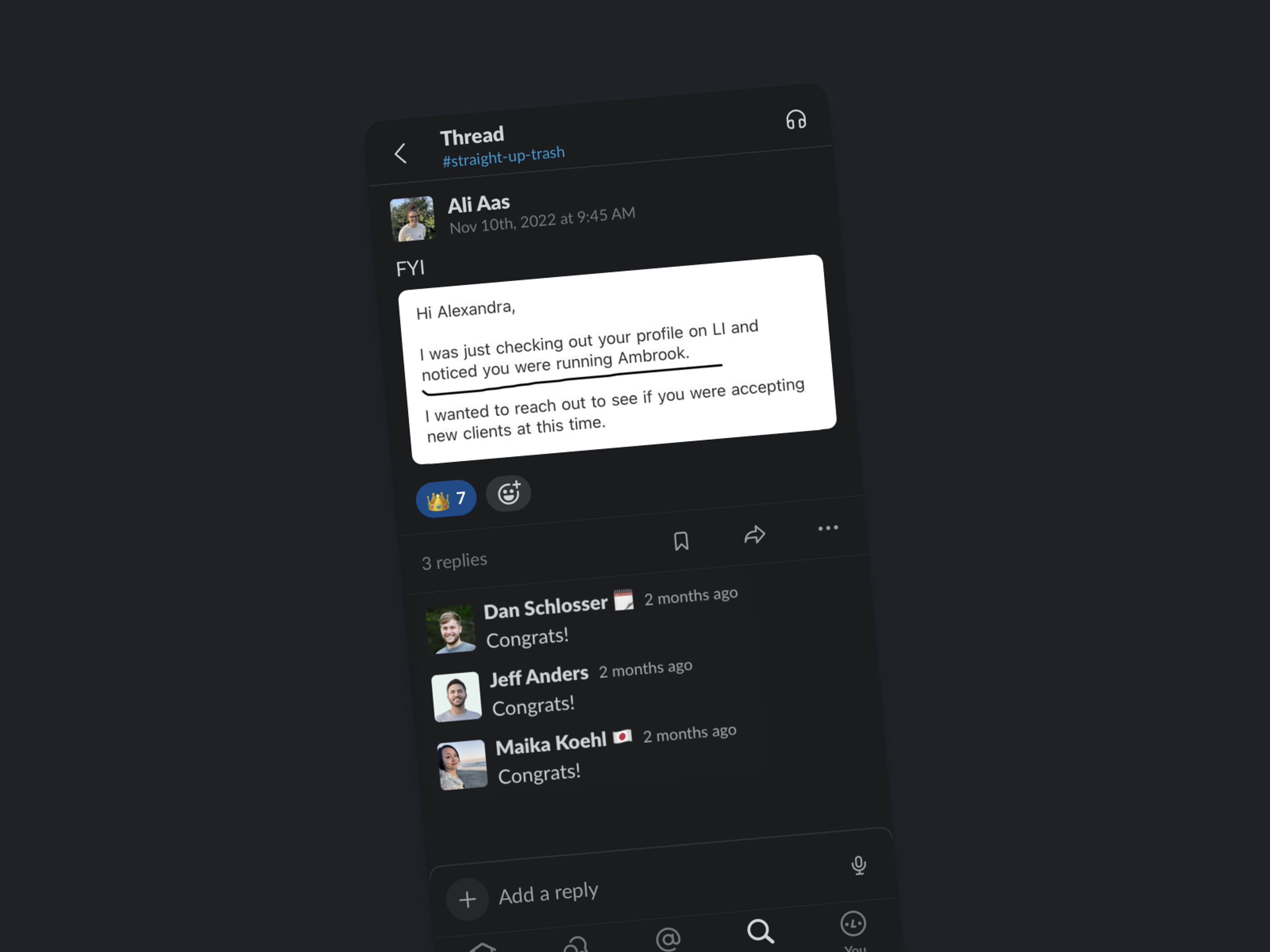
And finally, I’ve found an earnestness here that defines us — a lack of cynicism for what is possible, and a deep respect for the challenges ahead. Building technology in this industry is not for the faint of heart. We lean into that as unabashed optimists.
It’s still so early. But if any group of people can make Ambrook undeniable, it is this one.

